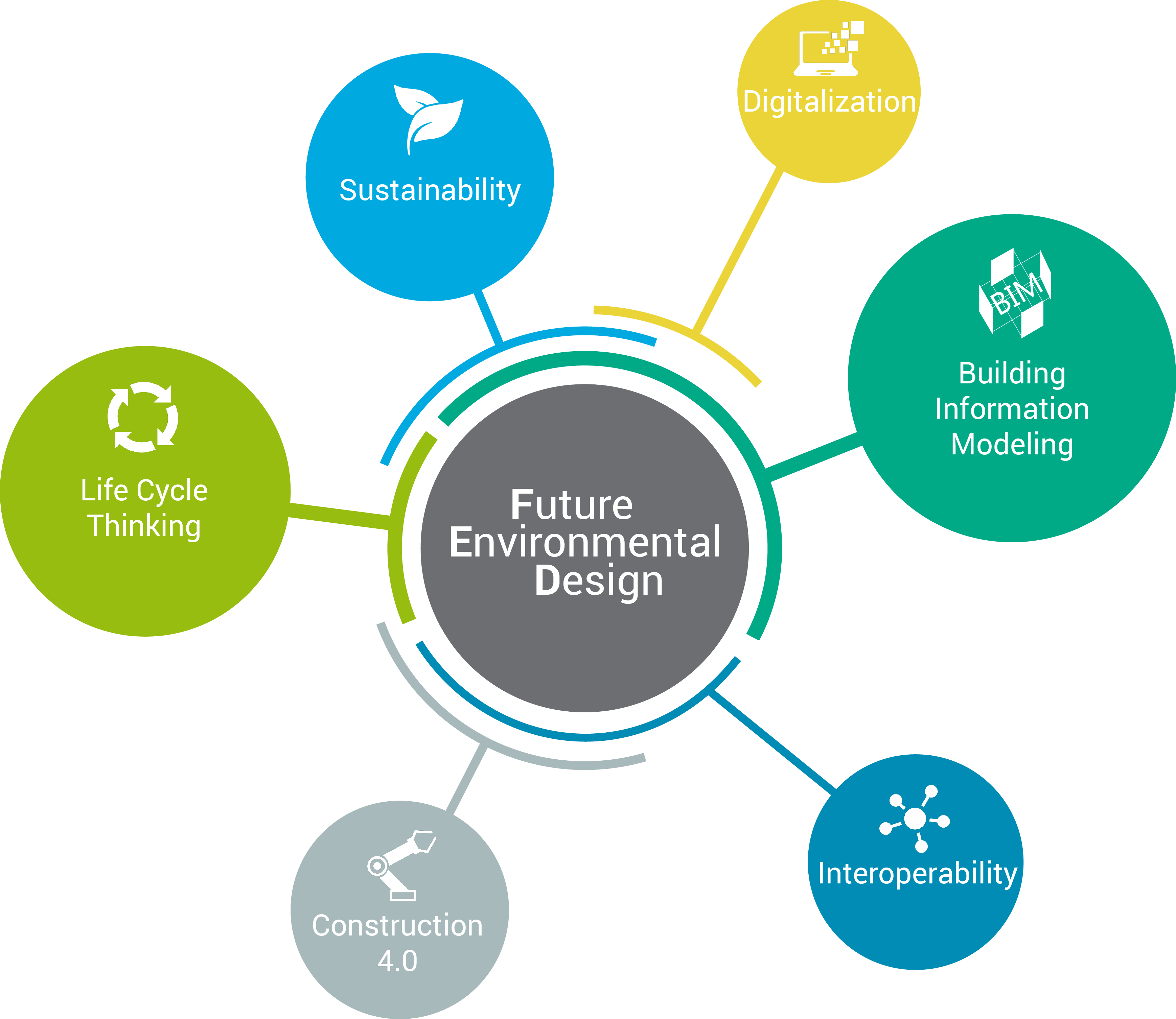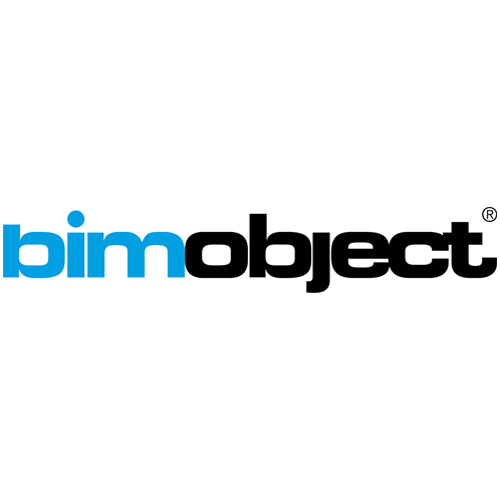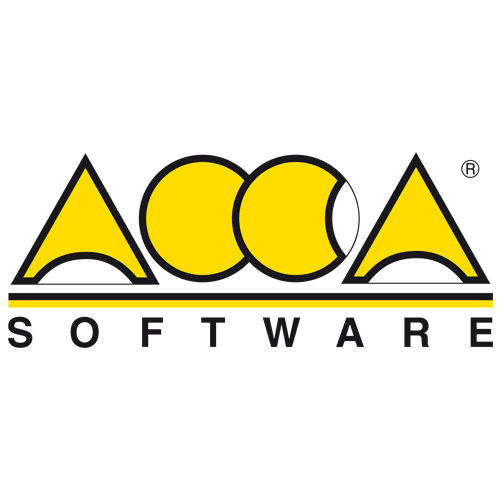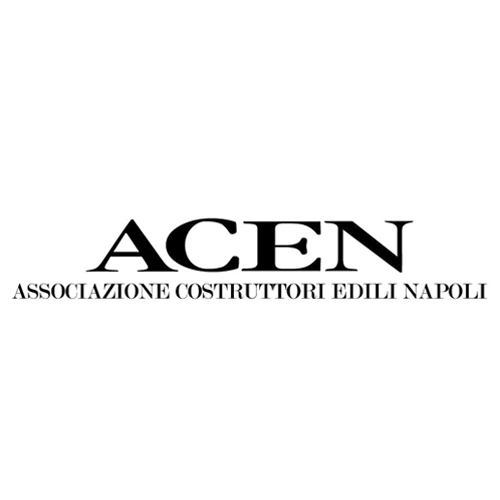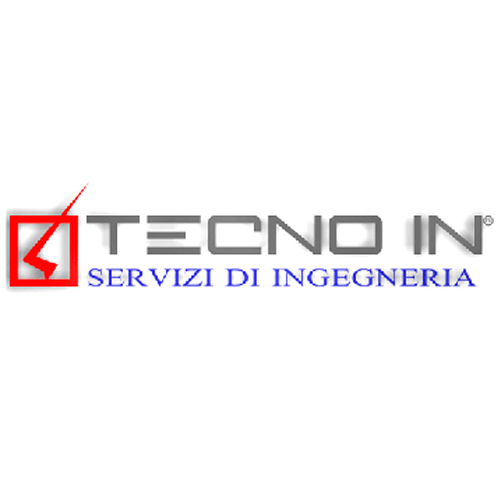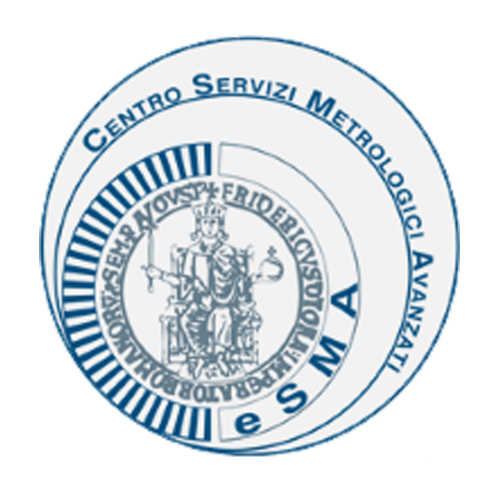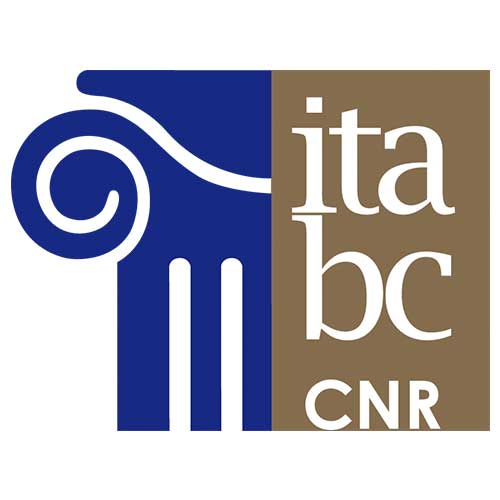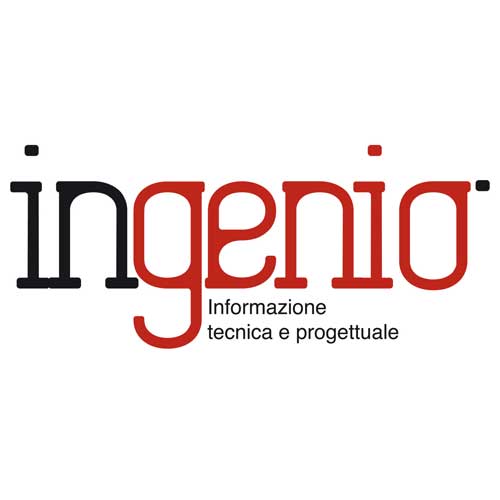Future Environmental Design (FED) aims to introduce sustainability principles to key building design activities through a strategic approach based on the use of an original operational tool, namely Building Information Modeling (BIM). To this end, the design approach, which is fostered by the increasing complexity of current constructions, has involved the development of new skills that allow for the management and sharing of a large amount of digitalized information (digitalization) through an easy and coordinated procedure (interoperability). The result of such a design process will be technologically advanced and sustainable constructions (construction 4.0). Indeed, the new design approach meets a growing demand for the evaluation of sustainability in construction interventions. Lifecycle-based methodologies are the fundamental operational tools in this regard, with the aim being to strategically influence investment policies or define preferential benchmarks. The services offered by FED match this design scheme and promote the use of advanced and sustainable technologies, encompassing, in this way, many construction industry stakeholders.
